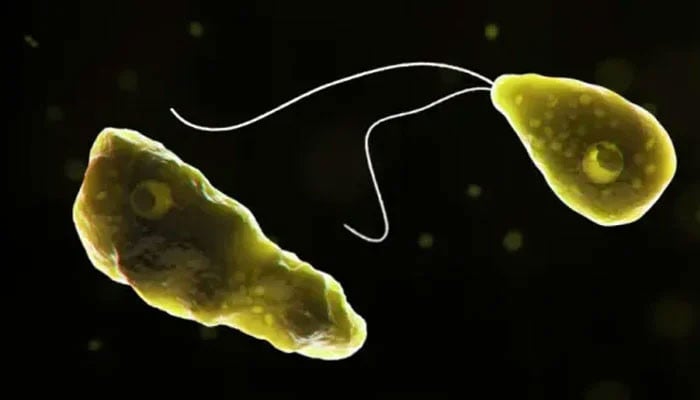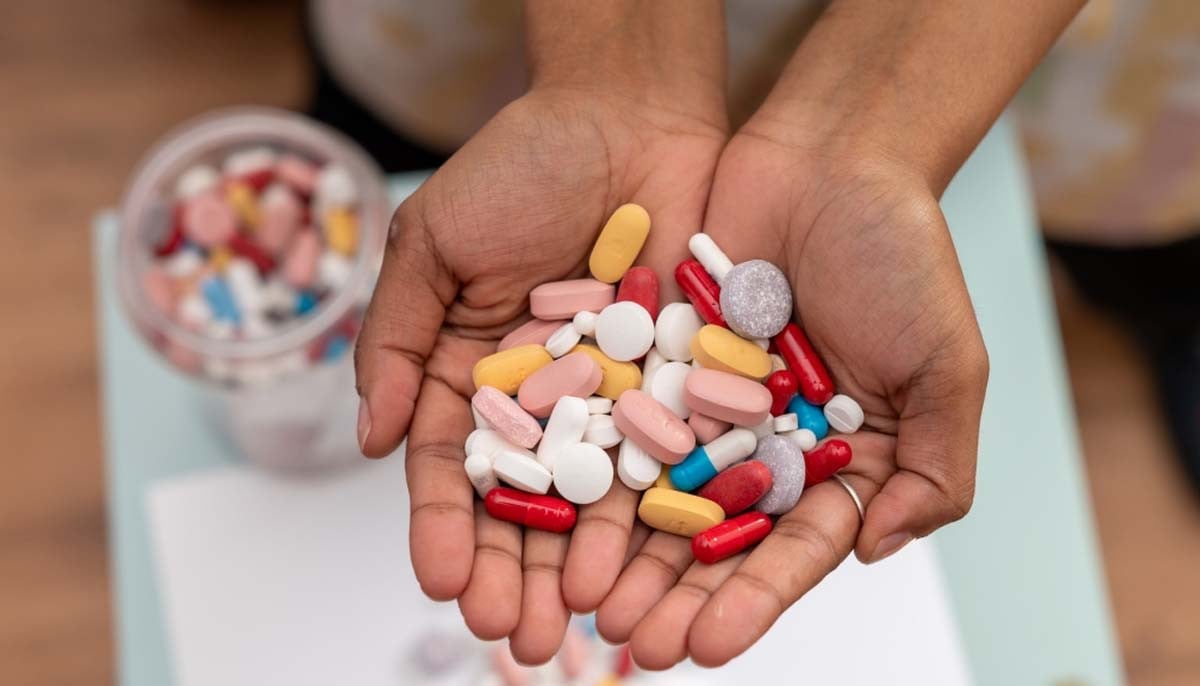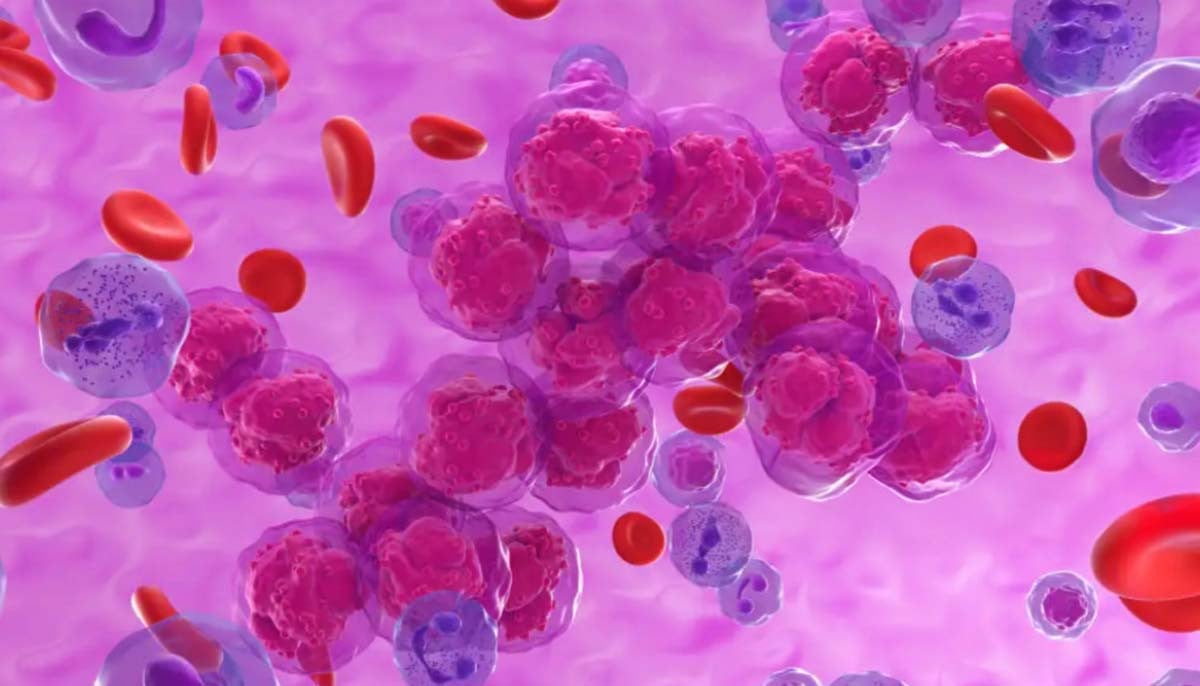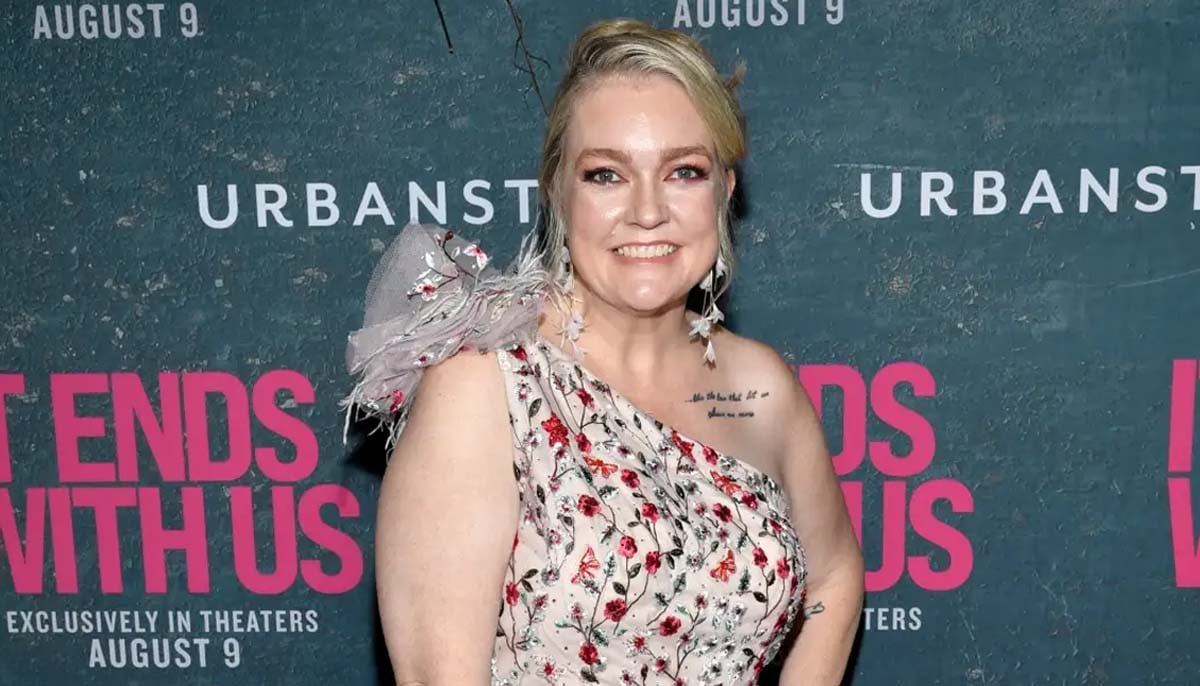A 29-year-old man died of Naegleria Fowleri, the brain-eating Amoeba, in a local hospital in Karachi, who this year raised the death toll of Sindh to five, confirmed the provincial health department on Saturday.
In a statement, the Sindh Health Department said that a 29-year-old man, a resident of Karachi’s District Central, died with Naegleria.
The symptoms started to appear with the patient on September 7, but he was admitted to the private hospital on Thursday when his condition deteriorated.
The health department added that investigations showed that the patient had not done “water -related activities”, with his only exposure being the routine use of tap water for drinking and bathing.
According to the statistics shared by the health department, five people died as a result of Naegleria in Karachi.
Earlier, a 17-year-old patient, a resident of North Karachi, tested positive on June 27 and died on 28 June, a spokesperson for the Provincial Health Department.
Pakistan reported his first fatality of Naegleria in March as a 36-year-old woman from Gulshan-e-iqbal collapsed at the brain-eating Amoeba.
It is relevant to mention here that Pakistan reported five dead from Naegleria in 2024, with four cases in Karachi and one in Hyderabad.
What is Naegleria and what can we do?
Doctors and health experts say that Negleria usually enters the brain and attacks the nervous system when infected water is taken through the nasal cavity during bathing, swimming or performing wash.
The deadly Amoeba survives on bacteria in warm water and can only be decimated by the correct chloring or water boiling.
Health experts have repeated the importance of adequate chloring in water sources to prevent Naegleria Fowleri infections.
The Amoeba, who thrives in warm, untreated water, can enter the body through the nose and cause fatal cerebral infections.
Health experts advise people to have their underground and above -ground water tanks clean before the summer starts and use chlorine tablets to purify the water routinely.






